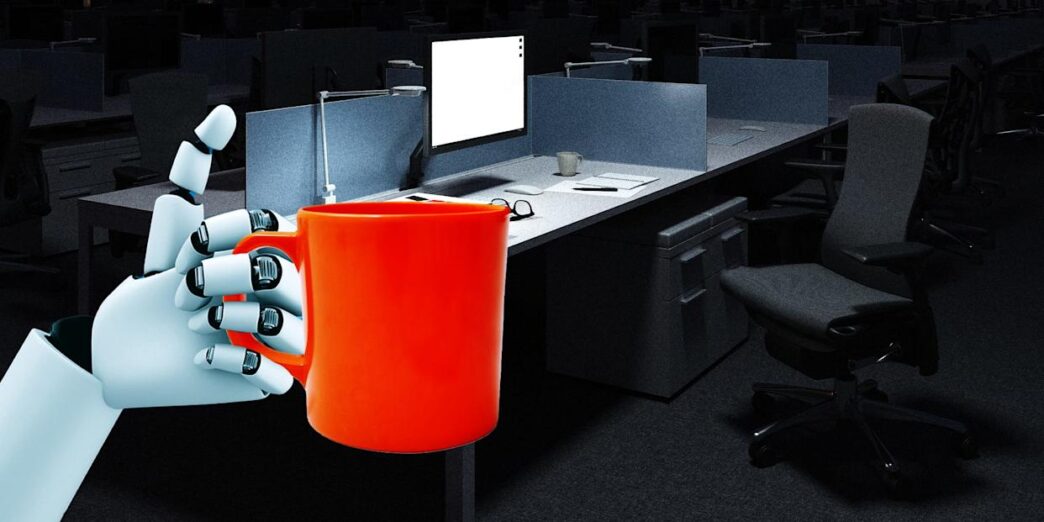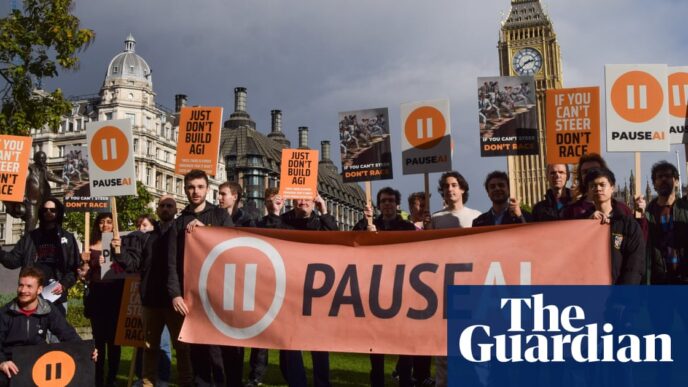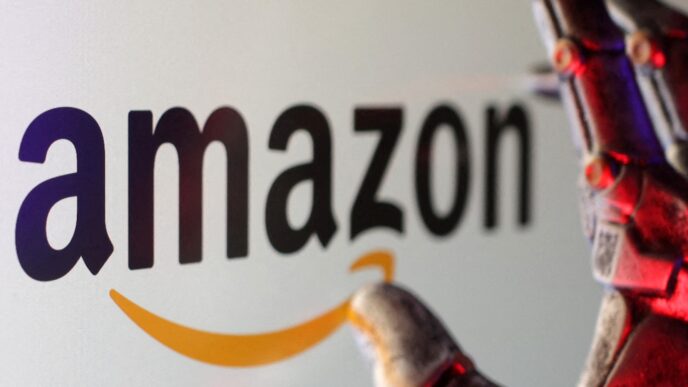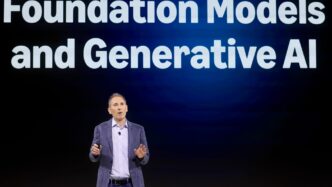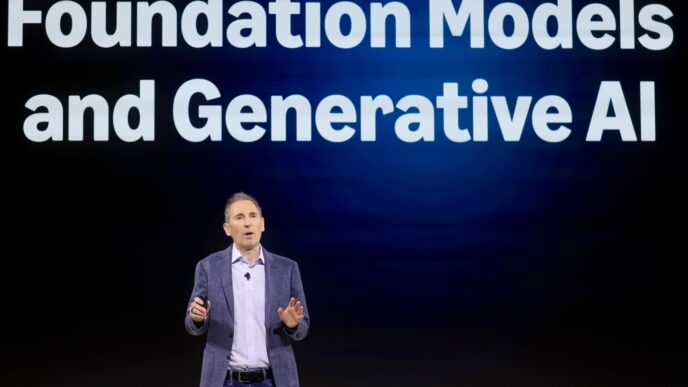Shopify and Duolingo sparked controversy with hiring freezes tied to AI capabilities. Now fresh data confirms what CEOs have been saying quietly: they’re hiring fewer humans because of artificial intelligence.
Revelio Labs analyzed job postings across three years and found AI-doable tasks in job descriptions dropped 19%. The reason isn’t companies posting different jobs. They’re simply hiring fewer people for roles AI can handle.
The data comes from Zanele Munyikwa, an economist at Revelio Labs who tracked hiring patterns since ChatGPT launched in 2022. Her findings show job openings declined across all sectors, but roles with high AI exposure dropped 31% compared to 25% for low-exposure positions.

Tech Jobs Hit Hardest
Database administrators, IT specialists, information security roles, and data engineers face the steepest decline in postings. Jobs requiring physical presence like restaurant managers, foremen, and mechanics show the least impact.
The trend started months ago. In March, Shopify CEO Tobi Lutke told managers they had to prove AI couldn’t do a job before requesting new hires. Duolingo went further, announcing plans to phase out contractors entirely in favor of AI systems.
“Before asking for more head count, they had to prove that AI couldn’t do the job as well as a human would.”
Freelancers Already Feeling Impact
Earlier research from Washington University and New York University tracked freelancers on Upwork after ChatGPT’s release. Writing-related job postings dropped 2% while monthly earnings fell 5.2%.
“In the short term, generative AI reduces overall demand for knowledge workers of all types.”
The researchers focused on freelancers because they’re particularly vulnerable to AI displacement in writing and content creation roles.
Some Companies Backtracking
Klarna provides a cautionary tale. The fintech company froze human hiring last year, claiming its AI assistant did work equivalent to 700 full-time agents. But quality issues forced a reversal.
CEO Sebastian Siemiatkowski told Bloomberg the company started hiring human agents again after AI-driven cost-cutting led to “lower quality” service.
“It’s so critical that you are clear to your customer that there will always be a human. Really investing in the quality of the human support is the way of the future for us.”
Even with the about-face, Siemiatkowski expects to cut another 500 positions through attrition this year. He predicts faster downsizing once Klarna’s technology improves, likely within 12 months.

Unclear Long-Term Impact
Munyikwa cautions against reading too much into current trends. It’s unclear whether AI can actually handle all the white-collar work employers think it can. Some companies may discover that reducing human workers was premature.
The analysis suggests AI’s impact on hiring has already begun, not in some distant future. Whether this trend continues depends on AI capabilities improving and companies learning to balance automation with human expertise.
Tech executives remain committed to reducing headcount wherever possible. As AI tools improve monthly, white-collar jobs face continued pressure from automation-focused leadership teams.

